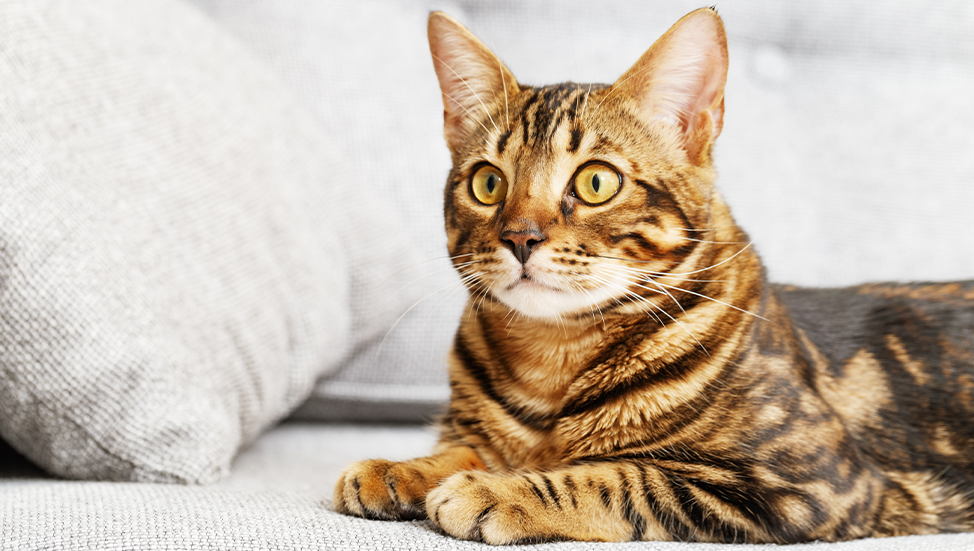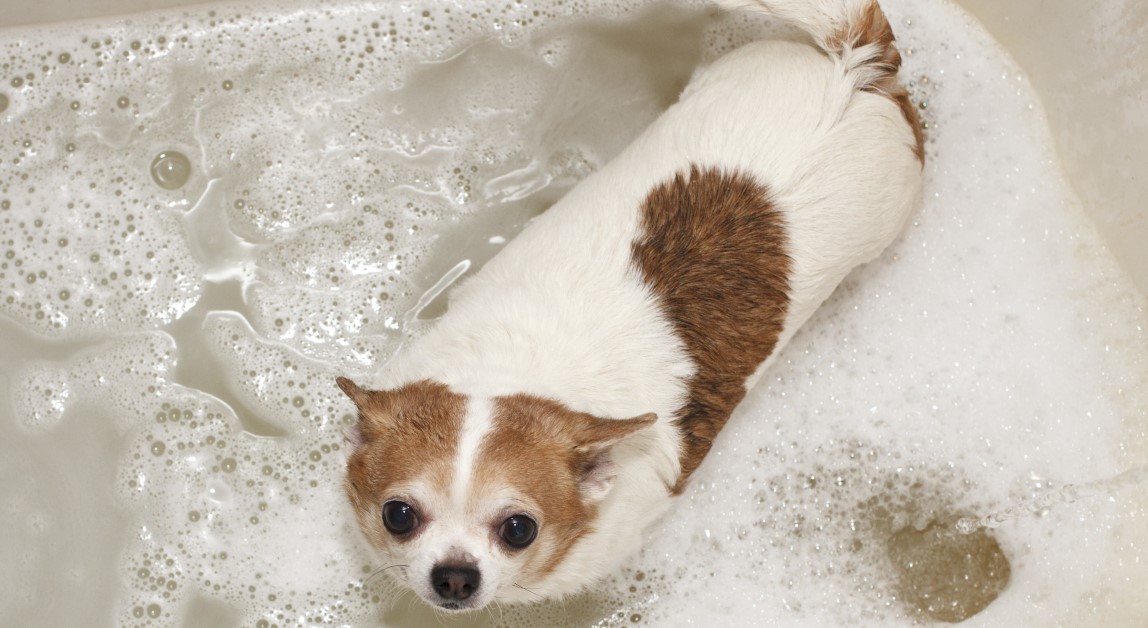Ask Dr. Jenn: Do indoor cats need regular vet visits?
It's easy to assume that if your cat is always in the safety of your home it's at a much lower risk for disease. But, the truth is, life still happens. Here's why it's important to get even indoor cats to the vet regularly.

Q: My cat never goes outside. Does she really need to go to the vet for shots?
A: Even if your cat never steps foot (or paw) outside, a yearly trip to the veterinarian is very important to your cat’s health. Some of the diseases we vaccinate cats for can be spread through fomites, a nonliving object that transfers diseases. You may bring home viruses on your clothes, shoes, or bags that could make your cat sick if she is not vaccinated. In addition, an up-to-date rabies vaccine is required for all dogs and cats in most counties throughout the United States. Your veterinarian can determine what vaccinations your cat should receive based on her lifestyle and risk factors.
The vaccinations are only a small part of your cat’s yearly trip to the vet. A more important part of the visit is a thorough physical exam. During the exam, your veterinarian will look in your cat’s eyes, ears, and mouth. She will listen to your cat’s heart and lungs, palpate the abdomen, and examine the skin. She will weigh your cat and compare to previous weights to see if your cat has lost or gained a significant amount of weight in the past year. Your cat may appear healthy at first glance, but many conditions can be found before she starts to show signs of disease.
Early detection of many conditions can significantly prolong the life of your cat. A heart murmur, or abnormal heart sound, is often heard before cats develop life threatening heart disease. Treatment can slow down or even prevent the progression of heart disease.
Dental disease is another condition that may not be obvious to you. Most cats will continue to eat even with significant dental disease. Your cat may have a dental infection that can spread bacteria to other areas in the body. She may have gingivitis or decay of her teeth causing pain.
When weight loss happens gradually, it may not be obvious to you, but can be found when compared to previous weights in your pet’s medical record. Even the loss of one to two pounds can be significant, especially if your cat has not been on a diet. Two pounds of weight in a cat is equivalent to twenty to forty pounds in a person. Weight loss can be due to a number of conditions, including hyperthyroidism, diabetes, kidney disease, inflammatory bowel disease, intestinal parasites, or cancer.
These are just a few examples of health conditions that may be found in a seemingly healthy pet. There are so many more examples I could list, such as upper respiratory tract infections, ear polyps, urinary issues, and skin problems.
Hopefully your cat leaves the veterinary clinic with a clean bill of health. If she has no underlying health problems, this is a good time to discuss how you can continue to keep your kitty healthy. Your veterinary health care team can offer advice on how to help her maintain an healthy weight or lose weight if overweight, keep her teeth healthy, reduce her anxiety when you have company, help manage hairballs, and answer all your questions.
Your cat’s annual visit to the veterinarian is about so much more than getting shots. It is an important part of keeping your kitty happy and healthy, to seek advice personalized to your pet, and know what signs to watch for that could indicate a health problem. As your cat reaches the senior years, many veterinarians like to see your pet every six months instead of every year. This is because cats can develop more health conditions as they age and they may not show signs until the disease is advanced. The earlier many diseases are detected, the easier they are to treat. A visit to the vet may extend your cat’s life by months to years.
Give your furry friend a pet from me,
Dr. Jenn
Ready to start saving money on pet wellness care?
Then take a look at Mint Wellness, the pet wellness plan that provides fast reimbursement on routine pet care. Save on vaccinations, wellness exams, preventatives, dental, and more!
Learn More


